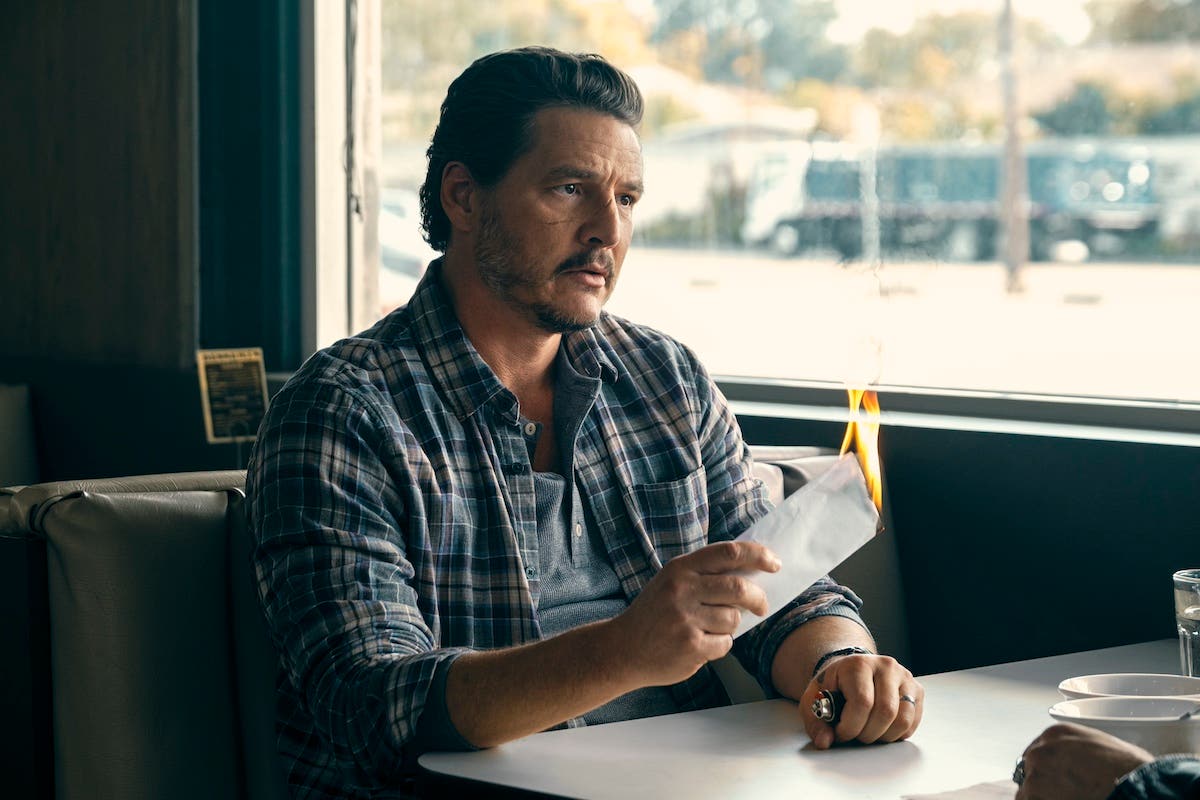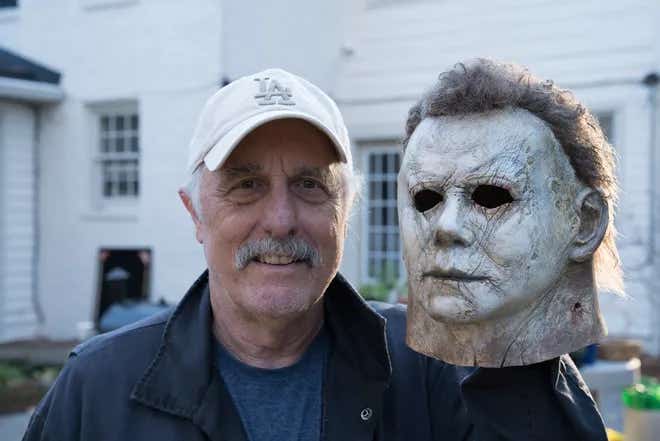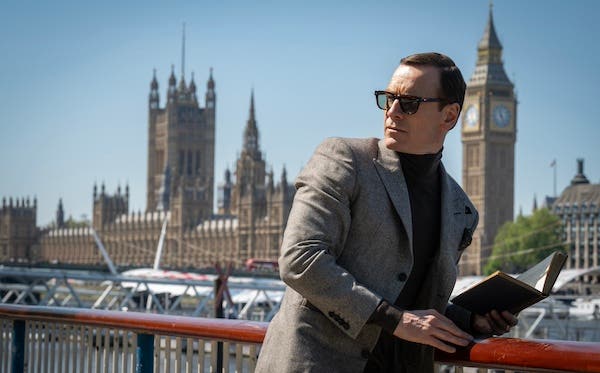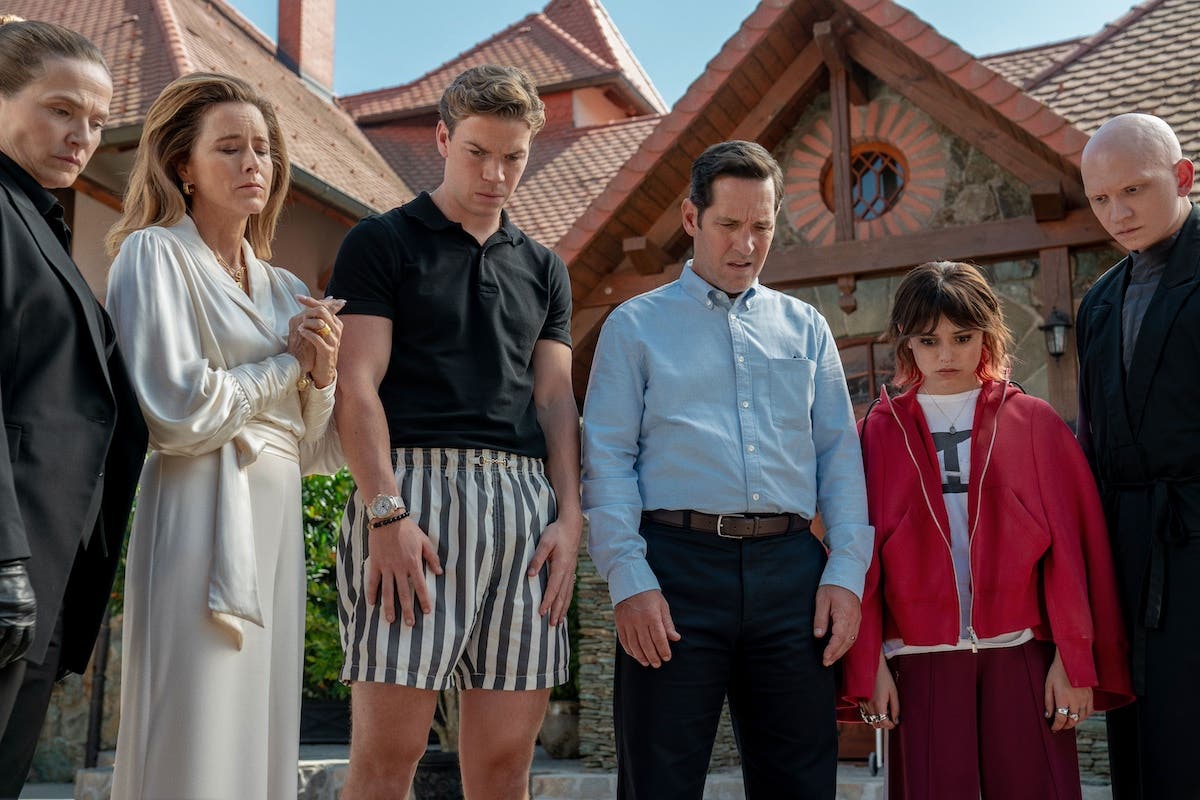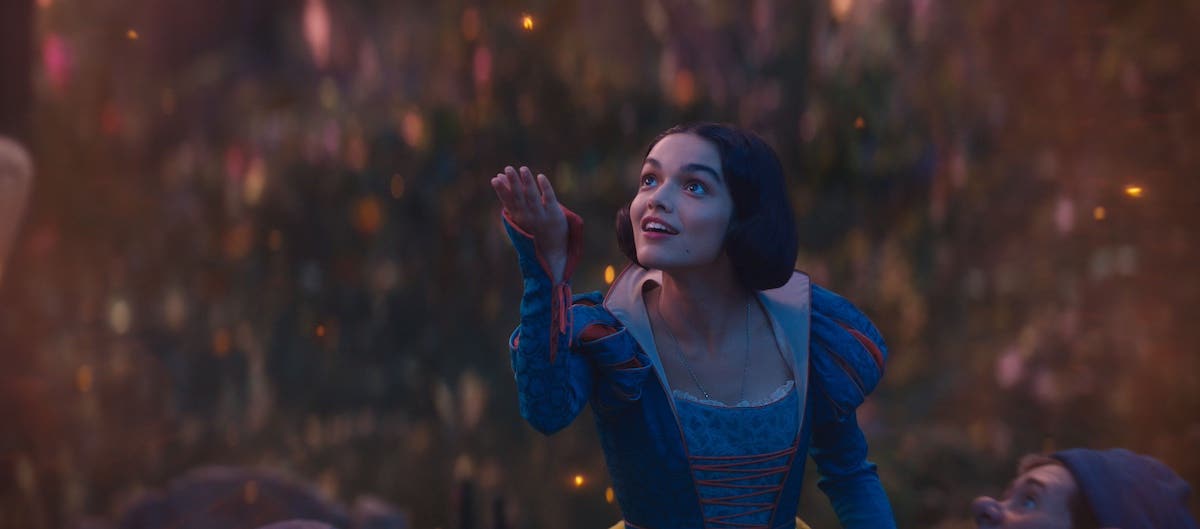ALT-SCRIPT: Why I Don’t Read “How To” Screenwriting Articles Anymore
Screenwriting articles are abundant, but Clive Davies-Frayne talks about his philosophy on screenwriting advice and how he weighs what to use and what to ignore.
I very rarely read “how to” articles about screenwriting anymore. Not because I believe I have all the answers, but mainly because they all appear to be recycling the same advice. The advice is: learn structure, write in a genre, develop three dimensional characters (whatever that means), format your scripts correctly, learn to spell and, the most important advice of all, know your place and OBEY THE RULES! OBEY THE RUUUUULES! If you were to boil all of the advice about screenwriting down into one article, it honestly wouldn’t run to more than four or five thousand words, at the most.
There are two different ways of looking at this monolith of agreement about how to write a script. One conclusion would be to believe that everyone is saying the same thing because there really is only one way to approach screenwriting professionally. The other conclusion, the one I favour, is that it’s all the same because the vast majority of people handing out advice are basing their articles on other people’s advice, rather than thinking for themselves. I include a lot of producers in this, as well as writers. Just like writers, they are prone to buying into easy, off-the-shelf answers. And, in a very real sense, the fact that producers, agents and all of the other gatekeepers have bought into this belief system, is the primary reason writers still have to learn this doctrine.
However, there is a problem with the current trends in screenwriting theory. Despite the plethora of similar advice about how to write a screenplay, the vast majority of scripts written are still shockingly bad. Which, when you think about it, is strange, because surely if the information on how to write a script could be condensed down into a slim e-book on structure, character development, genre and formatting, by now the vast majority of screenwriters should be churning out a tsunami of brilliant, rule obeying scripts. So, why aren’t they?
From my perspective, the answer to the question ”why are scripts still so bad when there is so much free advice out there” is relatively simple. It’s certainly not that writers are ignoring the existing rules and advice, it’s that the existing rules and advice don’t address primary areas in which scripts fail. The truth of the matter is, regardless of what your script editor or producer is telling you, you can not fix scripts simply by doing more character development and tinkering with the structure. This is because although tedious characters and a senseless plots are often the symptoms of a poor script, the real issues are more immediate than the protagonist’s journey through the script. By and large these problems are as follows:
- Dysfunctional narrative
- Poor understanding of the language of cinema
- Mistaking cleverness for originality
Dysfunctional Narratives
I love watching films with my wife. I love it because she rarely watches a film without having her mind focused on something other than the film. This means she often needs help staying in touch with the narrative.
“Who’s this?”
“Why are they so interested in that suitcase?”
“Why are they chasing that pig through the streets of Paris?”
I love this about my wife because her stream of questions is a clear demonstration of how we as audiences engage with movies. From the first moment to the last, audiences experience films as a series of narrative moments, which set up questions and, at the same time, answer previously poised questions. This is what the story is. It is not about the protagonist’s journey, but instead, it is the audience’s journey through the film. Which is also the reason that focusing on the protagonist’s journey often doesn’t solve the problems with a script. Even if the structure is bang on the money, all of that is irrelevant if the audience isn’t asking questions about what the protagonist is doing and why? Or, in other words, it doesn’t matter if the hero of the film suffers a reversal of fortune at the mid-point, unless the audience cares enough to ask, “what is s/he going to do about that pickle?”
The fix for most script problems is to give serious attention to the movement from one narrative moment to the next. The easiest way to understand what a narrative moment is, is to ask two questions:
- What does this action or this line of dialogue force the audience to question?
- How does that information relate to previous questions raised by the story?
In real terms, this can be as simple as:
Question: What’s behind that door?
Answer: A blood drenched nun with an axe.
Questions raised by that: “Is she a real nun?” “What’s she going to do with that axe?” “Where did all that blood come from?” “Is she the baddy or the goodie?” etc.
The next part of the script must address at least one of those questions, or pose an even more fascinating one, or the audience’s engagement with the story will be broken.
By far, the most common problem with most scripts is broken narrative. A problem that occurs when the information presented doesn’t connect with the audience, or with the information already presented. Now, the strange thing about this is that it doesn’t matter if the audience is able to predict the answers to the questions raised. In fact, you want them to be trying to get ahead of the plot. A lot of the entertainment value of a movies is simply the joy of solving the puzzle presented. The tricky part is making the puzzle simple enough for people to easily follow, but not so predictable that the audience feels cheated. Strong narratives tend to have just the right balance of predictability and surprise.
All of which brings us very neatly to the second point...
Poor Understanding of the Language of Cinema
When I’m not writing, I put food on the table by teaching basic video editing to community college students. I really like to teach editing because, for me, there is a strong link between the narrative of editing and the narrative of writing. In many respects, editors see cinema in its purest form: as a series of clips which, when placed in order, tell the story. Editors tend not to think in terms of the difference between dialogue and action. Instead, they tend to think of clips as the next narrative moment. In a dialogue sequence, the question isn’t “who is speaking?” It is “what’s more important in this moment, the face of the person speaking the line, the reaction of the person hearing the line, or, something else happening in this narrative that relates to the line?” It is entirely plausible that an editor will choose to use a close up of a phone that isn’t yet ringing, during a line of dialogue, simply because at that point the story is about the consequences of the call that is coming in, rather than the line being delivered.
This means the real language of cinema isn’t about what is said or done, it is all about controlling the audience’s point of view by using the visuals, sound and music to draw the audience into the story. This is the language of cinema. A language which has been developed over the last hundred years of cinema history. Which is also one of the reasons a knowledge of cinema history is key to being a good screenwriter.
I have mentioned this before in other articles, but I believe there is a lot to be said for seeing one paragraph or one line of dialogue as a single narrative unit. That if you imagine each clip of the movie in your head, then you’ll be more inclined to focus on the audience’s journey, rather than getting bogged down in your characters.
The Error of Cleverness
The most consistent error made by screenwriters, at every level, is mistaking cleverness for originality. And by cleverness, I mean any moment where the writer gets that little smug feeling of satisfaction from what they’ve done. This cleverness can manifest itself as: “witty” dialogue, “tribute” moments where the writer references someone else’s film, or a heavy handed visual metaphor. The aim of a clever moment is to draw your attention away from the story and onto the cleverness of the writer. They are ego moments, where the writer’s need to show off trumps their need to serve the story.
The problem is a simple one. Writers often get fooled into believing that their job is to be more clever than the next writer, when the real job is simply to tell an interesting story effectively. Telling an interesting story is largely about clarity and simplicity. Being clever always, always, always gets in the way of the storytelling, just in the same way that an actor drawing attention to their “brilliant” performance does.
As a rule of thumb, anything that attempts to draw the audiences attention out of the narrative and make them aware of the production process has a negative impact on the film.
Part of the difficulty in persuading people to give up being clever in their scripts, is that writers often admire the practitioners who appear to have made careers out of being clever. However, what people often fail to notice is that the storytelling in those kinds of films is always incredibly simple. The cleverness is the frosting on the cake, not the cake itself.
The heart of good writing is emotional transparency, rather than cleverness. This is true regardless of the genre. Great comedy has immense amounts of truth about human frailty at the heart of it. Romantic Comedies only touch audiences if they are driven by the protagonist’s vulnerabilities. Even in genres where you’d imagine that vulnerability is the least important factor, the difference between a great (insert genre) film and a run-of-the-mill (insert same genre) film is the emotional transparency at the heart of it.
The Digital Disaster
There is a lot of talk these days about the changes needed in the independent film sector to cope with the new business environment created by the digital revolution. Most people are concentrating on the changes needed in distribution, finance and production techniques. For me, however, one of the fundamental changes needed for independent filmmaking to survive these trying times, is a new discourse on screenwriting. Rather than blindly relying on the techniques developed by the studio system, I believe we need to take a step back and to take a good look at the foundation of the entire industry, screenwriting.
Far too many independent films are going into production with the trifecta of failure in place: inadequate budgets, poor casting and poorly written/developed scripts. Whilst we may not be able to do much about the budgets, the very least we ought to be able to fix are the poor scripts. And, the one thing that is patently obvious, is that current approaches to training screenwriters and script editors aren’t adequate to get the job done. It is my belief that the primary reason for this is people are relying on theories of storytelling which are passé and disconnected from the real language of cinema. Just because the studio system has faith in the transcendent power of three-act structure and the protagonist’s journey, that doesn’t make them the only or even the best ways to tell stories or develop scripts. In fact, if I only achieve one thing with this article, I hope it will be to call into question the validity of these approaches.
I would love to be able to present the next generation of screenwriters with the answers to the key questions of how we should write and develop scripts in the 21st Century. However, at this moment in time I have more questions than answers. What I am sure about, is if we are to prevent the digital revolution from becoming the digital disaster, we all need to take some responsibility for thinking critically about screenwriting and adding to a collective discourse about its role in modern cinema. At the very least we need to look at why each of the prohibitive “rules” currently taught to screenwriters exists. In most cases, you’ll find that, far from being in place to improve the quality of the storytelling, the rules developed by the studio system, and currently taught as the “only way” to write screenplays, exist solely to demarcate the responsibilities of certain professional roles. When we’re in the midst of the largest technological shake up in cinema history, you have to ask yourself whether these demarcations of creative responsibility still serve storytelling and the cinema audience, or whether they are merely the rule book of an industry that has lost its way and has nothing but the past to cling to against the onslaught of technology and social digital culture.
- More Alt Script articles by Clive Davies Frayne
- Notes from the Margins: Every Article on Screenwriting You Never Have to Read Again
- Balls of Steel: Script Consultants – Are They Worth It?
Danny Manus takes you inside the exec's mind in his webinar
What the Heck are Executives Thinking?
Clive Frayne is a writer with over thirty years experience in broadcast media. After a very successful career running professional writing teams in the radio industry he decided to move into screenwriting. Since then he has written and directed two feature films and half a dozen award-winning short films, and authored the book The Process of Screenwriting. These days he splits his work between writing, script editing and teaching screenwriting. He is a passionate advocate of two things, process-driven screenwriting and independent filmmaking. Follow Clive on Twitter @clivefrayne


